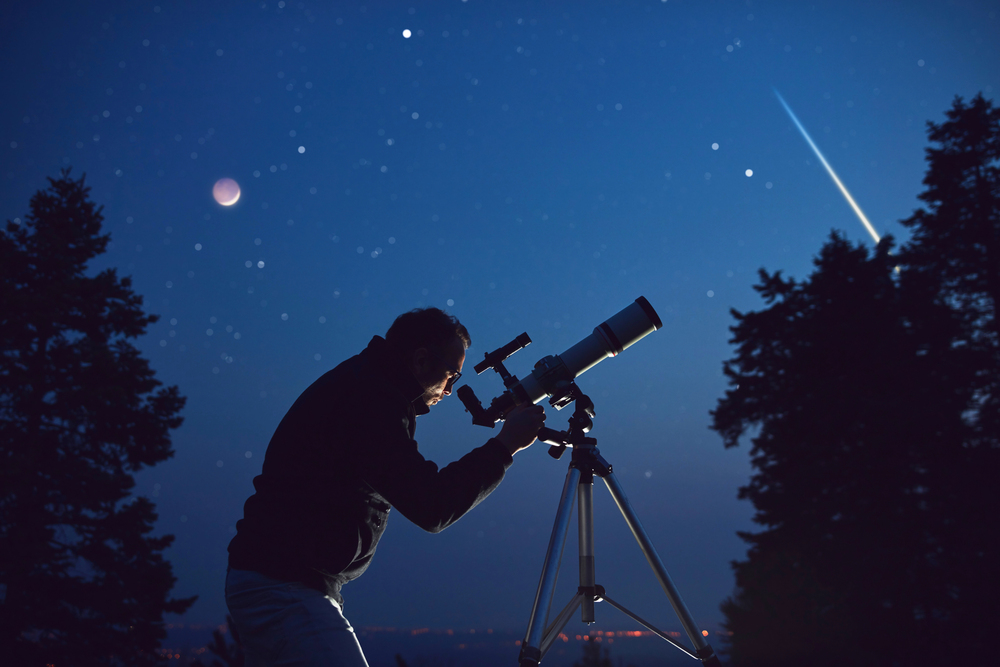
In the far-off past, the sun was believed to rise solely to place smiles on our faces. But as telescopes gazed out ever farther and science asked more earnest questions, humanity’s role in the universe began to look more like a balcony seat than front-row center. To the spiritually inquiring mind, this shift is not merely one of quantities and numbers it’s a challenge to reconsider how ancient assumptions and scientific findings are ever really meant to live together.
Now, joining science and spirituality isn’t choosing one or the other. It’s discovering the sweet spot where wonder, awe, and truth overlap. If you’re someone who wants the poetry of ancient wisdom and the certainty of evidence, grab hold – these nine breakthroughs will challenge, inspire, and perhaps even shift how you think about your position in the universe.
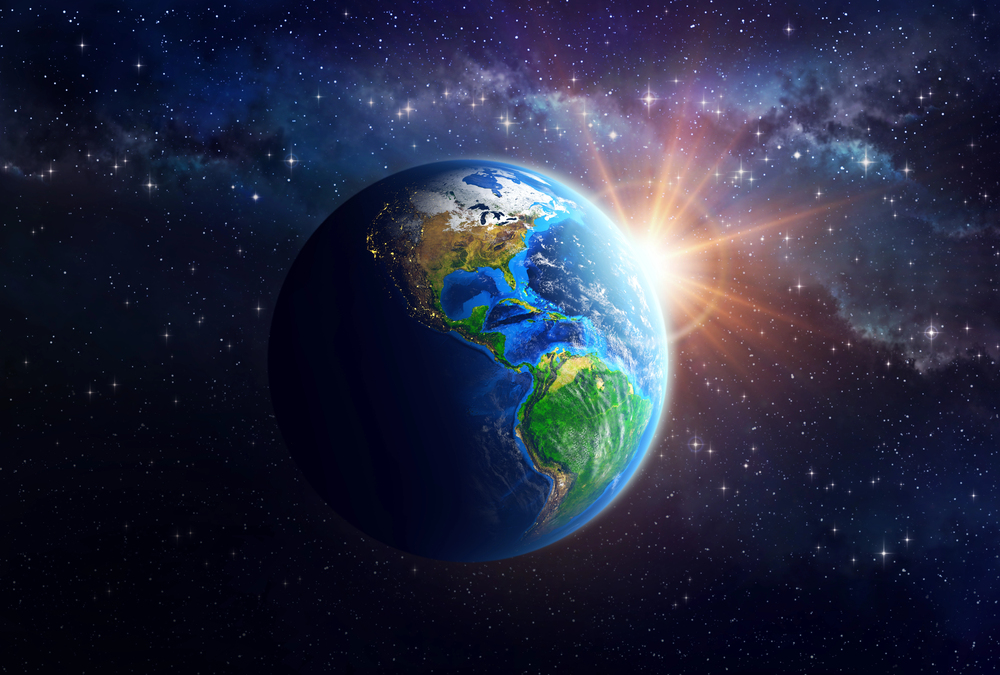
1. Earth Isn’t the Cosmic VIP Anymore
For centuries, the religious authorities had taught us that the Earth was the universe’s centrepiece spectacle. But the Copernican-Galilean heliocentric view came along and flipped that script. Galileo’s telescope didn’t just uncover new planets it uncovered the fact that our planet is one among thousands, revolving around a mundane star in an astronomical universe. As astrophysicist Neil deGrasse Tyson reminds us, this information has reconfigured our understanding of self: “Our appreciation of the vastness of the universe reorients our understanding of the place in it of humanity.” The geocentric revolution wasn’t merely scientific it was theological, calling upon us to assume humility and wonder.
There was more drama in store. The heliocentric revolution away from geocentrism was a rollercoaster ride, and religious and scientific minds fought hard. The Galileo affair, long and traditionally portrayed as science vs. religion, was more about competing worldviews and egos. Opposition to Galileo was most often met by other scientists, not clerics, and according to recent historical scholarship. The real take-away? Science and spirituality can both develop, and sometimes the best compass is an honest dose of humility.

2. Creation Stories: From Literal to Lyrical
Creation have always conveyed meaning, but holding on to literal interpretations can add fuel to fire with science. The Big Bang and evolution have mountains of evidence, but that does not mean sacred myths become any less magical. A Pew Research Center survey discovered that religious Americans overwhelmingly desire to balance scientific explanation with spiritual meaning, indicating a appetite for nuance on the increase.
The conversation continues. As cosmology and religion have become entwined, philosophers from Thomas Aquinas to Georges Lemaître (yes, a Catholic priest and physicist!) have been able to see creation as scientifically and spiritually. Lemaître himself said the Big Bang theory was “perfectly neutral with respect to religion.” The moral: Accepting science and myth can make us feel more awe and belonging.
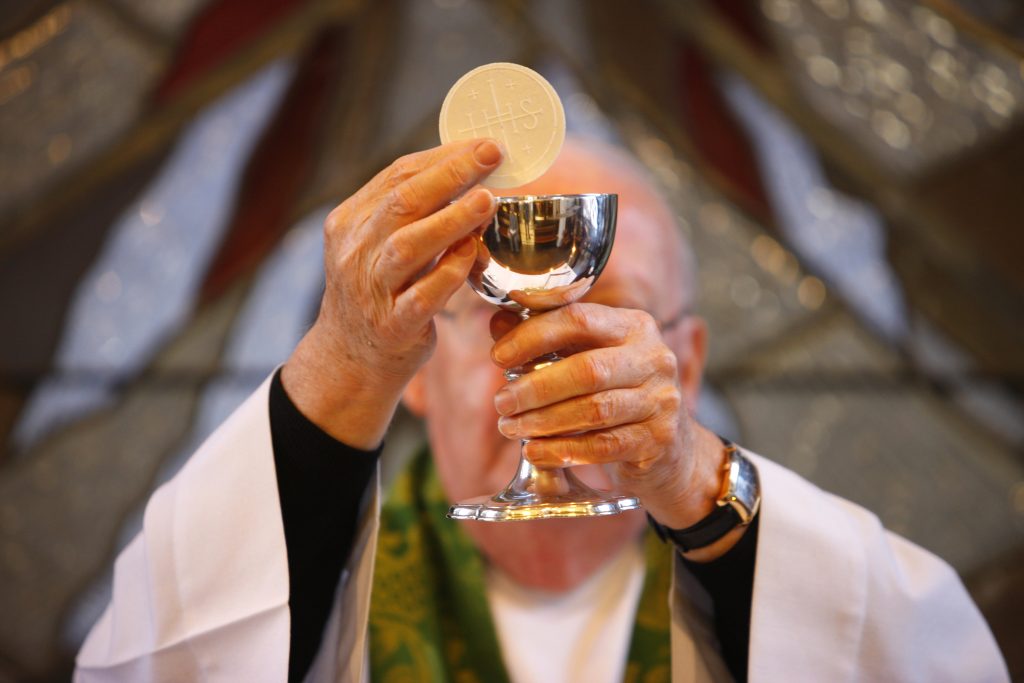
3. The Anthropic Principle and the Multiverse: Special or Just Lucky?
Enter the anthropic principle a cosmological hypothesis that holds the universe’s laws to be too fine-tuned for life to exist. Some have interpreted this as God giving a wink, while others have credited it to fortune. As Anglican priest and physicist John Polkinghorne has so neatly put it, the principle provides “further evidence for theism,” though not everyone shares this view. It is a red-hot controversy, and the multiverse hypothesis throws in one more twist: perhaps there are an infinite number of universes with varying rules, and we simply find ourselves in one that is convenient for us.
It is here that religion and science intersect. Some theologians would lead us to believe that a multiverse does undermine faith; rather, it may suggest that creation is richer and more mysterious than we could have ever conceived. Modern cosmology as it is demonstrated illustrates that there is no easy equation between cosmological theory and religious belief. The real magic lies in the questions themselves.
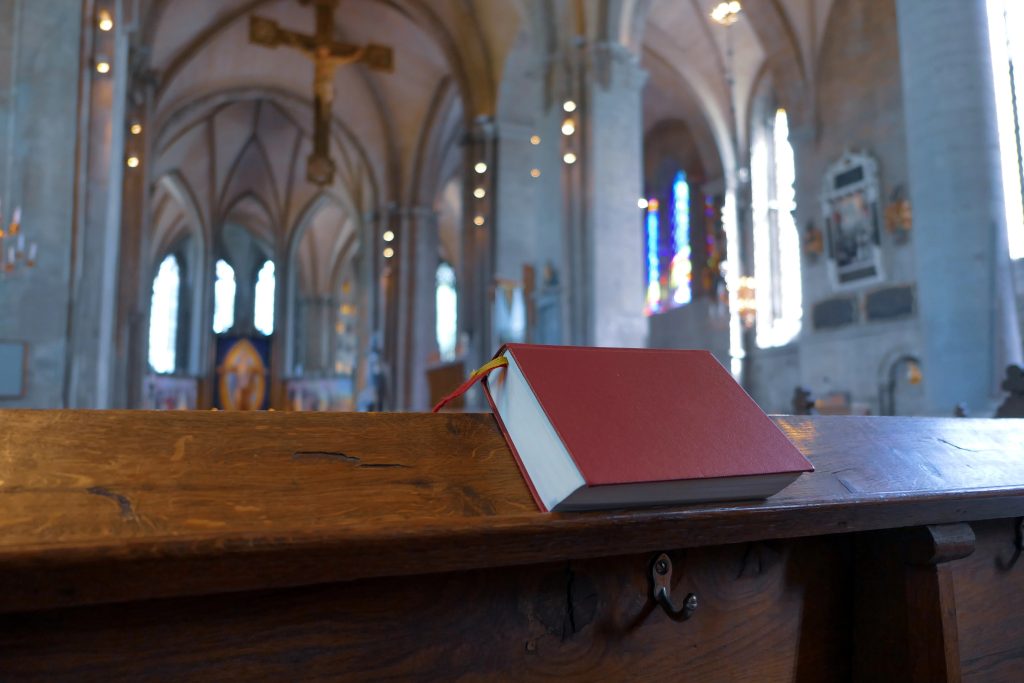
4. Reconciling Science and Faith: Not a Zero-Sum Game
The ancient myth that science and religion are bitter foes is fast disappearing. Of course, based on surveys, scientists tend not to pray in churches, but history refutes it. Galileo, Newton, and Mendel were devout men, and today’s forward-thinking individuals recognize that science and faith are two different methods of discovering the same enigmas. As Reformation21 reminds us, “True science and true faith are friends, not enemies.”
The most important thing is humility. Scientific theory changes, and so does interpretation of scripture. The more we understand, the more we can awe. The healthiest spiritual communities are those that are willing to let new information enrich, but not destabilize, their beliefs. When science and spirituality join forces, they become more resilient.
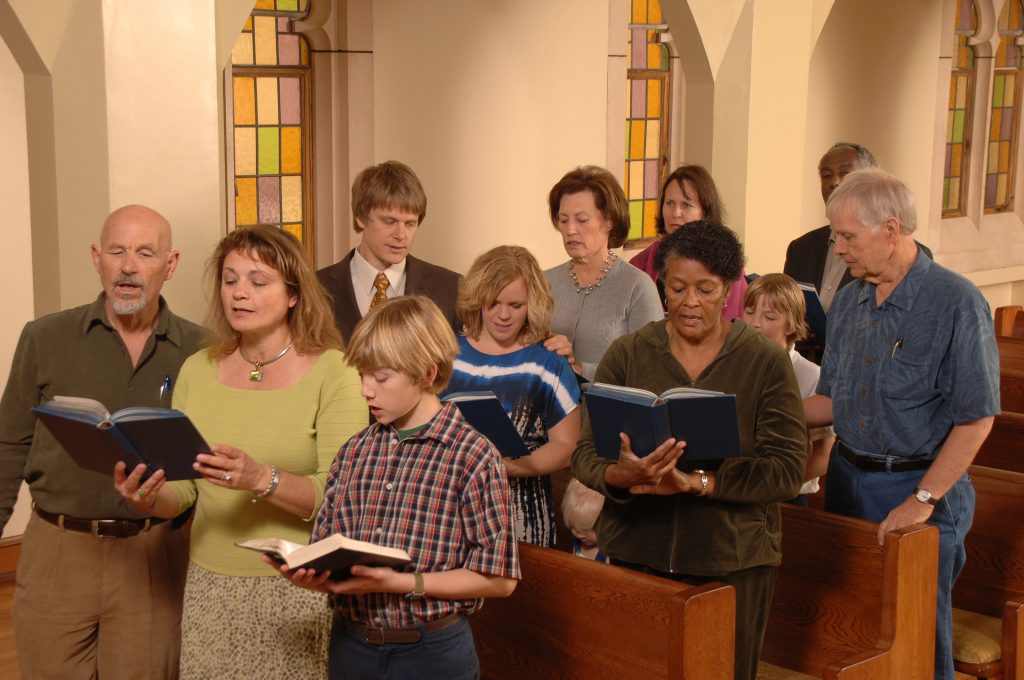
5. Pluralism and Cosmic Community: Are We Alone
Since the last millennia, religious thinkers have pondered life beyond our universe. The broad evolution of pluralism belief in numerous inhabited planets was at one time almost a Christian dogma on the premise of an omnipotent God not being a wastrel with space. But this belief posed broad theological questions: if there is other intelligent life, does it say anything about singularity and salvation?
Astronomy today has so far failed to affirm extraterrestrial life, yet the spiritual connotations are immense. As previous polls indicate, the concept of a cosmic community challenges us to broaden our understanding of family to include more than one planet. Whether we have neighbors in the universe or not, the discussion encourages us to embrace humility, questioning, and a sense of cosmic interdependence.
6. Evolution of Creation: From Static to Dynamic Universe
The universe is not fixed, and neither are our own presuppositions about it. The discovery of the Big Bang, cosmic inflation, and dark energy transformed our knowledge of things. Some religious orators like Pope Pius XII have sought to appeal to these findings as “proof” of Godly creation, but most scientists and theologians agree that science and faith offer distinct explanations.
As Georges Lemaître held, the Big Bang describes a beginning and not a creation, in religious terms. The genuine invitation is to behold the universe as developing, changing reality one still unfolding. Spirituality that can embrace change is spirituality that flourishes.

7. Stewardship Over Dominion: Rethinking Our Perspective on Earth
Older sacred writings generally gave “dominion” to human beings over nature, but the ecological crises of the present time call for a new ethic. Religious communities across the board are moving beyond domination to stewardship, and acknowledging that taking care of the earth is a holy job. Survival isn’t at stake here it’s about respecting the interdependence of all life.
Ecologically aware reinterpretation of scripture is becoming more common, fostering humility and awe toward the earth. The outcome? A spirituality more inclusive and sensitive to ancient wisdom as well as pressing modern needs.

8. The Limits of Science and the Power of Wonder
Science can be excellent at describing how things occur, though usually poor at describing why they matter. As philosophers and theologians remind us, science seeks to explain repeatable natural phenomena, whereas spirituality seeks meaning, value, and purpose. The most rich worldviews are the ones that honor both realms.
If we allow science to nourish our sense of wonder, and allow spirituality to leave us open to possibilities, we have the best of both. As Tim Keller says, “Nature is meant to lead to worship, to awe and wonder.” Being open to mystery revivifies reason and faith.

9. Finding Uncertainty: The Journey Is the Destination
Maybe the most important thing that science and religion can learn from their changing dance is this: uncertainty is not a defect, it is a virtue. As historians of science point out, there is no one master-narrative accounting for how cosmology and religion engage. The relationship is “persistent and perhaps more interestingly unstable.”
For forward-thinking searchers of the soul, this is freeing. It allows us to not have to choose either/or between ancient myths and emerging science. Rather, we are free to accept the questions, glory in the mysteries, and allow science and spirituality together to continue to inform our evolution.
The universe is greater, more bizarre, and more magical than any tradition ever conceived. And it isn’t a threat it’s an invitation. When we release ourselves from the constricting certainties of dogmatic thinking and become open to both scientific exploration and spiritual practice, we discover a faith that’s humble, adaptive, and boundless in its inspiration. The path isn’t about having all the answers it’s about remaining curious, related, and sensitive to wonder.


